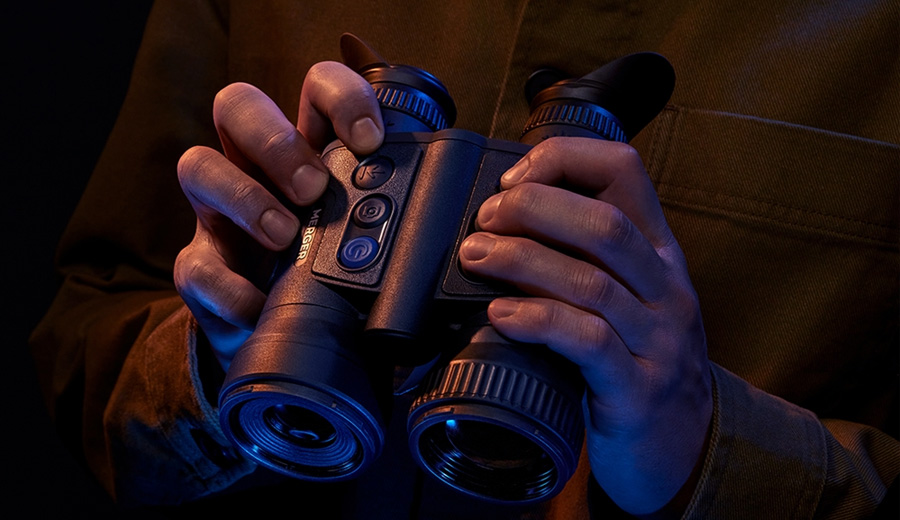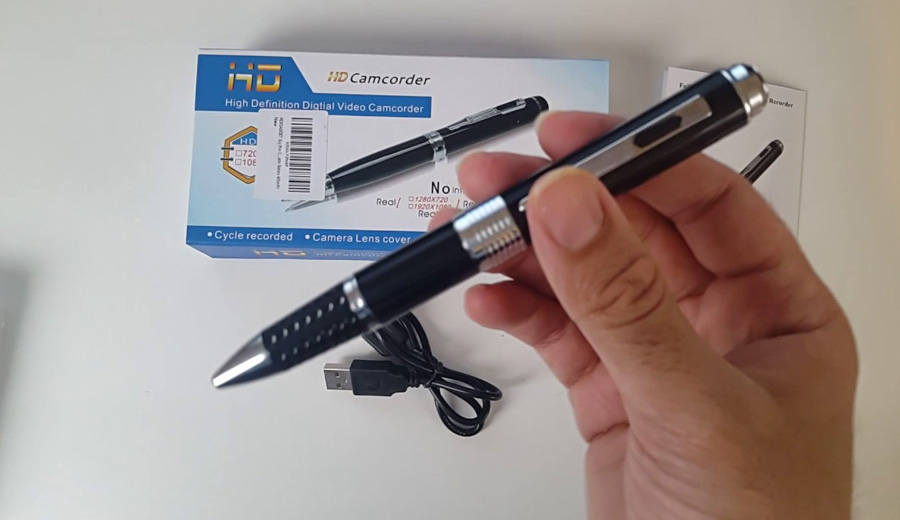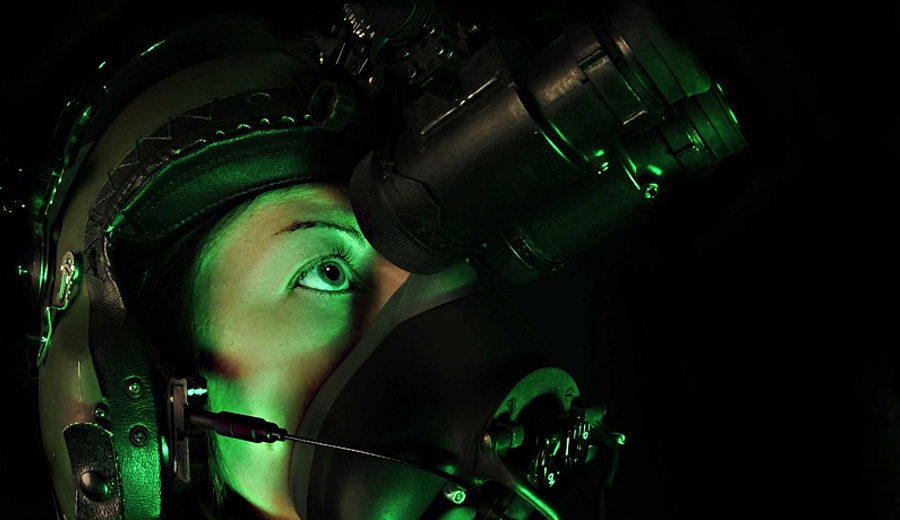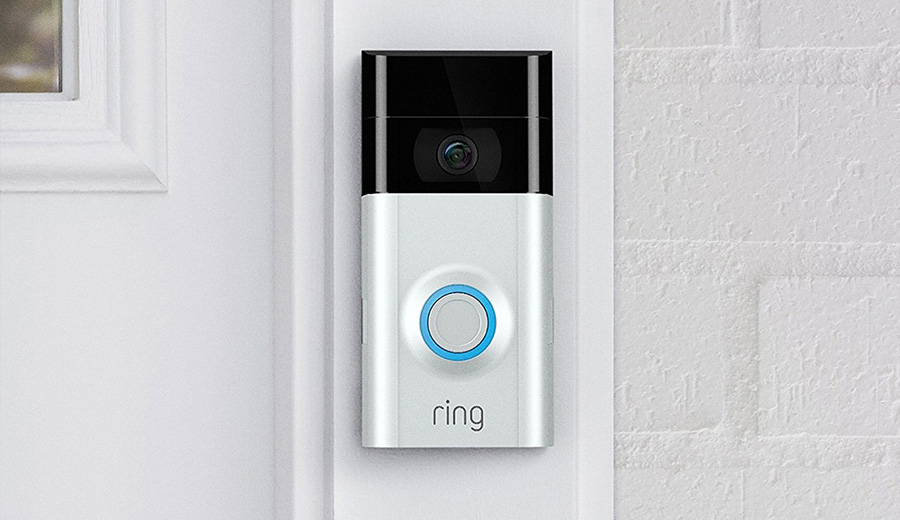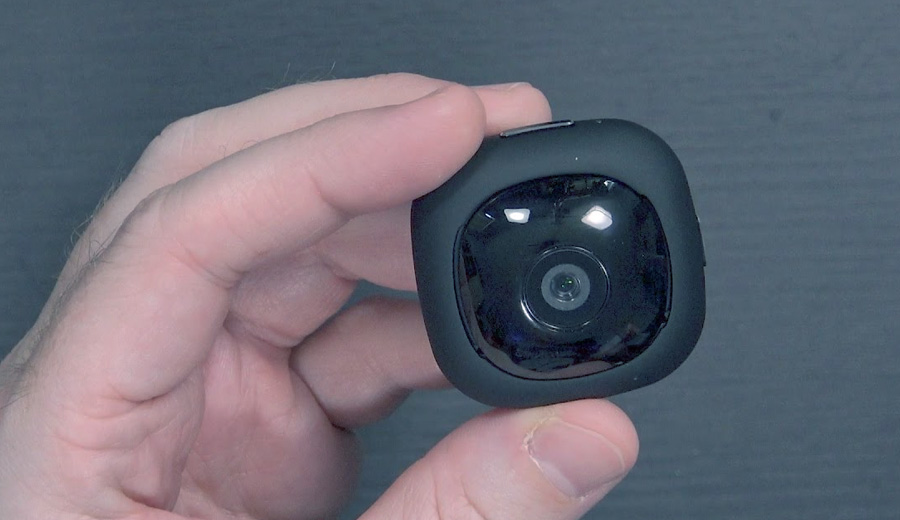The use of surveillance technology has become common in today’s workplace environment. From security cameras to employee monitoring software. Businesses utilize every possible option to ensure efficiency and proper work ethics. Despite this, there are moral issues when it comes to spy cameras, especially with regards to hidden cams or secret monitoring, which may involve infringements on privacy and employee rights.
We’ll take a look and try to discuss what’s the corporate responsibility when it comes to ethical use of spy cameras in the corporate world.
The Role of Spy Cameras in Corporate Settings
Spy cameras, often employed for security and operational purposes, serve multiple functions in a corporate environment:
- Security Enhancement: The surveillance cameras add a sense of security to the premises as they deter theft while offering security to employees during their work.
- Operational Efficiency: Cameras are used to monitor equipment and processes which may in turn assist in identifying inefficiencies and improving the processes.
- Employee Behavior and Safety: Using surveillance cameras in the workplace helps to protect employees against unlawful activities such as harassment, misconduct, theft, ensure company protocol rules, and prevent occupational accidents.
Ethical Considerations
The use of spy cameras in the workplace comes with ethical considerations that must be carefully weighed in to maintain a balance between security and employee privacy:
- Invasion of Privacy: Covert surveillance can invade someone’s privacy causing discomfort and eroding trust within the workplace.
- Employee Consent: Failure to obtain informed consent for surveillance measures can undermine worker trust, creating ethical problems.
- Data Protection: Recording and storing footage should be guided by data protection provisions to protect personal data and ensure that footage is not misused.
- Transparency and Justification: Transparency in communication requires employers to explicitly disclose why surveillance is necessary and that it’s only for security, or operational purposes.
Corporate Responsibility and Best Practices
Maintaining a responsible approach to the use of spy cameras in the workplace involves adhering to best practices that balance security needs with ethical considerations:
- Establish Clear Policies: Develop comprehensive policies on use of surveillance tools that will be compliant with the law and respect employees’ rights.
- Prioritize Transparency: Be open with employees about why surveillance measures exist and their purposes, so that they comprehend what is being done.
- Seek Informed Consent: Seek their explicit consent on their privacy in using surveillance cameras with regards to the scope, time frames and intentions.
- Limit Surveillance to Specific Areas: Limit surveillance to certain areas with regards to security and operational objectives without invading restrooms or break areas.
- Ensure Data Security: Ensure that robust data security measures are put into place in order to make sure recorded footage is not accessed without permission and/or misused.
- Regular Reviews and Assessments: Review periodically the need and usefulness of surveillance and adjust them as circumstances may dictate, taking into account the effect on the employees’ spirits and morale.
Case Studies and Legal Implications
Several high-profile cases have shed a light on the consequences of unethical use of spy cameras in the workplace:
Legal Ramifications: Breaking of privacy laws and regulations can lead to legal action and cost a company financially, as well as its reputation.
Employee Backlash: Covert surveillance without consent can result in mass employee revolt, job loss, lower productivity/production rate, employee turnover, etc.
Trust Erosion: The unauthorized use of spy cameras in the work place can greatly cause discomfort and loss of trust among employer and employee.
It can have significant effect on the work atmosphere and work culture within the organization.
Conclusion
Using spy cameras ethically at work, as always, calls for a fine line to be drawn between security and privacy.
In order to create a work environment where employees trust and respect each other, employers must have transparent policies, get informed consent and prioritize safeguarding sensitive information.
By adhering to best practices and legal guidelines, businesses can harness surveillance technology ethically, promoting a harmonious and secure work environment while safeguarding individual privacy and rights.


